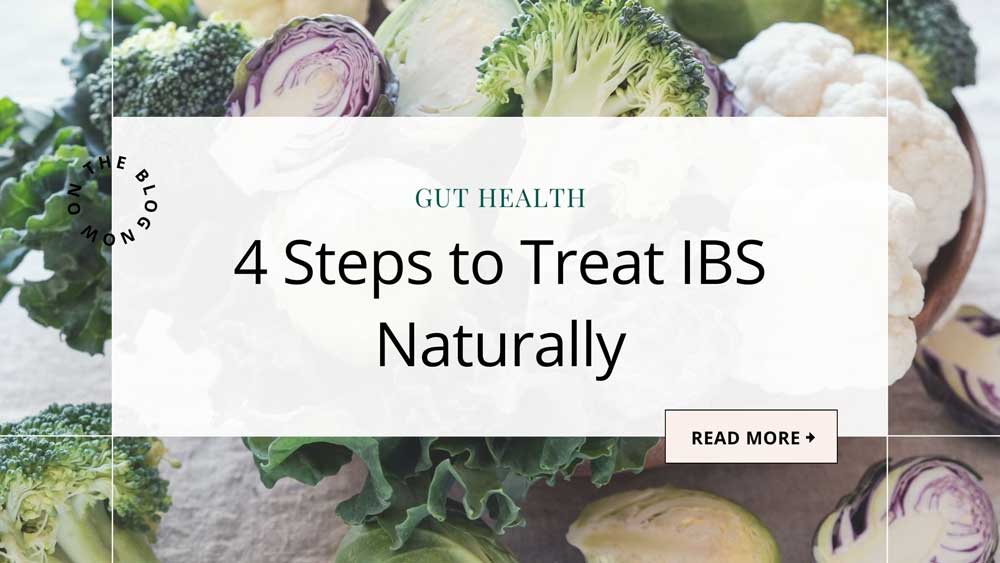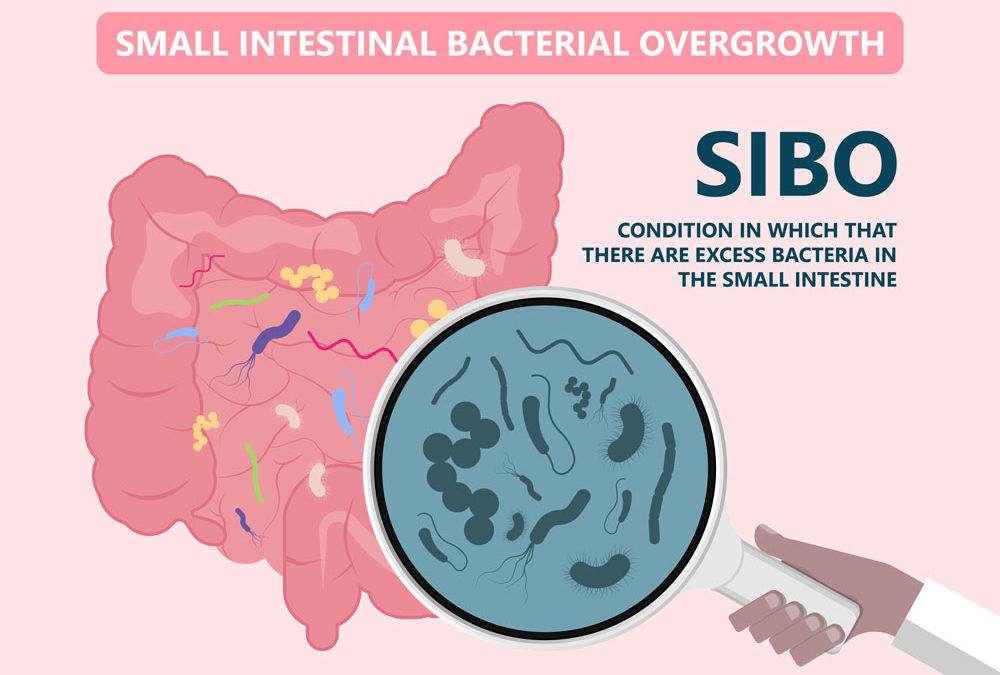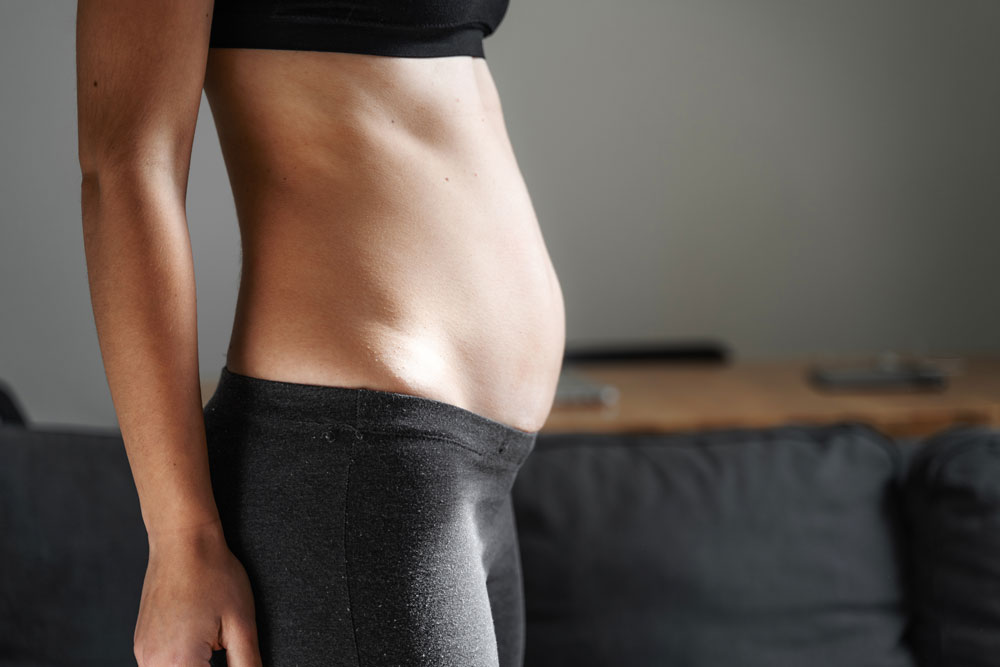Abdominal bloating causes can range anywhere from constipation to a medically diagnosed condition called endometriosis.
There can be one or multiple factors causing your abdominal bloating.
At the end of the article I also share some simple strategies you can start today to minimise your abdominal bloating.
What is Abdominal Bloating?
Abdominal bloating is one of the most bothersome symptoms experienced by my patients in my Naturopathic clinic, so do not feel alone.
Most people who experience bloating often experience a feeling of:
- fullness
- tightness
- stretching
- visual distension of the digestive system
Your digestive system can look visibly bigger, affecting the way your clothes fit and feel around your abdomen.
Other symptoms that can go hand in hand with this is burping, cramping, reflux and constipation or diarrhoea.
Common Abdominal Bloating Causes?
In clinic and in the literature, the most common cause to abdominal bloating is intestinal gas production in the small and/or large intestine. (1)
There can be one or multiple factors that increase intestinal gas, I have listed the most common below.
- Abnormal colonic fermentation: Bacteria living in your large intestine ferment carbohydrates causing hydrogen or methane gas production. If there is an overgrowth or imbalance of certain species, you can experience more fermentation and gas production in the large intestine.
- Constipation: Abdominal bloating appears to be more common in those with constipation over diarrhoea, but it is still possible to have it if you experience diarrhoea as well. (2) Not evacuating your bowels daily can make your abdomen more bloated and increase the feeling of fullness. Other symptoms of constipation if you are going daily includes pebbly, hard stools, lack of full evacuation and straining to go.
- Food Intolerance: Intolerance to certain types of carbohydrates, sugars and sugar alcohols (FODMAP) such as lactose found in dairy can cause abdominal bloating. Celiac disease or non celiac gluten sensitivity is also associated with abdominal bloating. (3) (4)
- Swallowing air: This introduces a small amount of air into the stomach which is either released through burping or can move into the intestines. Swallowing air is worsened by chewing gum, smoking, eating in a rush and of course drinking carbonated beverages.(5)
- Stress: This can impact abdominal bloating by affecting the way you digest your food. Eating in a relaxed environment supports improved gastric and pancreatic enzyme production to aid the digestion of food to prevent abdominal bloating soon after eating.
- Small Intestinal Bacterial Overgrowth (SIBO): This is when there is an overgrowth of bacteria in the upper gut (small intestine) which is fermenting on carbohydrates and causing gas. Bloating with small intestinal bacterial overgrowth occurs soon after eating between 20 minutes – 2 hours. Those who have had food poisoning, abdominal surgery, or IBS diagnosis are more prone to SIBO.
Abdominal Bloating Causes: Medical Conditions
More rarely, abdominal bloating can also be caused from undiagnosed medical conditions that I have also listed below.
If your bloating is occurring daily and becoming severe over time, it is very important that you do get further investigated by your doctor to ensure no underlying medical condition is driving this.
- Endometriosis: If you experience period pain, heavy bleeding, nausea before your period and a worsening of your bloating around your period then please get investigated for endometriosis. In a case-control study, 96% of women with endometriosis had abdominal bloating vs 64% without endometriosis. (6)
- Diverticulitis: Changes to the gut mucosal lining combined with inflammation and infection which can cause episodic abdominal pain and bloating. (7)
- Inflammatory Bowel Disease (IBS): Both Crohn’s and Ulcerative Colitis can cause bloating due to inflammation.
- Liver disease: This can lead to ascites which is an abnormal build up of fluid the stomach and pelvis.
Simple Strategies to Prevent Bloating
Try these simple strategies to reduce abdominal bloating causes:
- Eat 30 g of fibre per day: Treat constipation by ensuring you are eating 30 g of fibre per day. Adding high fibre foods like avocado, chia seeds, flax seeds, and psyllium husks can be very beneficial for regular elimination.
- Drink 2 litres of water per day: Aim to drink 2 litres of water alongside the 30 g of fibre per day to ease constipation.
- Minimise swallowing air: Eat in a relaxed environment and minimise rushing whilst eating to reduce the amount of air you are swallowing. Avoid chewing gum and carbonated beverages also for this reason.
- Low FODMAP diet: Trial a low FODMAP diet for 6 weeks, or steer clear from the main offenders such as garlic, onion, apples, cabbage, broccoli, brussel sprouts, cauliflower, and beans/lentils.
- Seek help: If all else fails and there isn’t an underlying medical condition, visit a Naturopath to treat the underlying cause of your bloating naturally. SIBO and abnormal colonic fermentation can be best treated with a helping hand from a practitioner for faster results.
If you find that your abdominal bloating gets worse by eating a higher fibre diet, or starchy carbohydrates like bread and pasta it may be possible you have an imbalance of bacteria in your small intestine. Learn more about what small intestinal bacterial overgrowth is here and the type of treatment involved.
Blog Posts You May Like

4 Steps to Treat IBS Naturally
It can be incredibly disheartening when you hear your doctor tell you to simply live with the symptoms of Irritable Bowel Syndrome (IBS). In fact, for many individuals, this can be one of the most frustrating and discouraging experiences they face while trying to...

How to Avoid a Bloated Stomach After Eating
An occasional bloated stomach after eating is normal in a high percentage of the population. Knowing it's common does not make bloating after eating any more comfortable. Bloating can be especially frustrating if you're eating out socially, or finding that your bloat...

Is Your Bloating Caused by SIBO?
Bloating is one of the most common symptoms associated with small intestinal bacterial overgrowth. If your bloating worsens anywhere from 30 to 100 minutes after eating, it could be a sign that you have an overgrowth of bacteria in the small intestine due to early...


